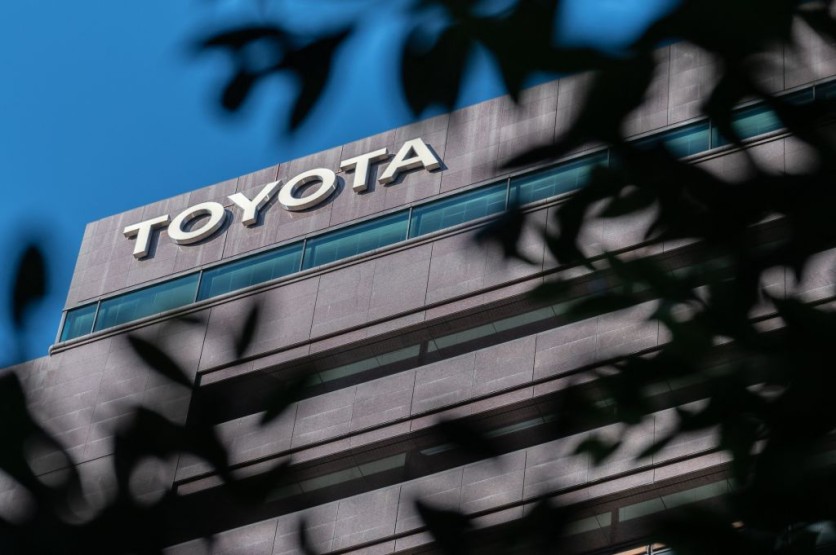Toyota, Daimler Truck, Mitsubishi Fuso Truck and Bus Corporation (MFTBC), and Hino Motors Ltd. have joined forces to accelerate the development of eco-friendly technologies and strengthen the commercial vehicle business on a global scale, according to a joint press release.

CASE Technologies
The collaboration aims to achieve carbon neutrality and contribute to the creation of a prosperous mobility society by focusing on CASE technologies (Connected / Autonomous & Automated / Shared / Electric).
Connected technologies involve vehicles being connected to the internet and other vehicles, enabling them to share data and communicate with each other. Examples include real-time traffic information, remote diagnostics, and over-the-air updates.
Autonomous and Automated technologies aim to enable vehicles to operate without human intervention. This includes features like advanced driver assistance systems (ADAS), autonomous driving capabilities, and self-parking functionality.
Shared technologies focus on promoting the sharing of vehicles and transportation resources to optimize efficiency and reduce congestion. Examples include ride-sharing platforms, car-sharing services, and mobility-as-a-service (MaaS) solutions.
Electric technologies involve the use of electric power for vehicles, reducing or eliminating reliance on traditional internal combustion engines. This includes fully electric vehicles (EVs), plug-in hybrid electric vehicles (PHEVs), and infrastructure for charging stations.
Teaming Up for Eco-friendly Mobility
MFTBC and Hino will merge on equal terms, leveraging their expertise in commercial vehicle development, procurement, and production to establish a globally competitive Japanese commercial vehicle manufacturer.
Daimler Truck and Toyota will make equal investments in the holding company of the merged MFTBC and Hino, collaborating on the advancement of hydrogen and other CASE technologies to enhance the competitiveness of the newly formed company.
All four companies share the common goal of contributing to a prosperous society through mobility. They are committed to promoting the use of environmentally friendly vehicles and elevating the value of mobility within social systems.
The collaboration between MFTBC and Hino is expected to generate synergies and improve the competitiveness of Japanese truck manufacturers. This is expected to contribute to the growth and stability of the Japanese and Asian automotive industries.
Daimler Truck and Toyota bank on global vehicle offerings that are customized to meet local requirements. In their pursuit of carbon neutrality, they prioritize the adoption of multiple pathways that offer a wide range of options to cater to specific local conditions and address the unique preferences and usage patterns of their customers.
Martin Daum, CEO of Daimler Truck, said that the "announcement is a crucial step in making that future work economically and in leading sustainable transportation. The planned new company will be a major force in Southeast Asia and an important associate of the Daimler Truck family."
"This collaboration among our four companies is a partnership for creating the future of commercial vehicles in Japan and the future of mobility society," said Koji Sato, CEO of Toyota Motor Corporation.
The specifics of the collaboration, including the name, location, shareholding ratio, and corporate structure of the new holding company, will be determined over the next 18 months.
Definitive agreements are expected to be signed in the first quarter of 2024, with the transaction targeted for completion by the end of 2024.
Related Article : US-based Toyota EV Mass Production Confirmed! Start Date, Average Annual Units, Other Details


![Apple Watch Series 10 [GPS 42mm]](https://d.techtimes.com/en/full/453899/apple-watch-series-10-gps-42mm.jpg?w=184&h=103&f=9fb3c2ea2db928c663d1d2eadbcb3e52)


